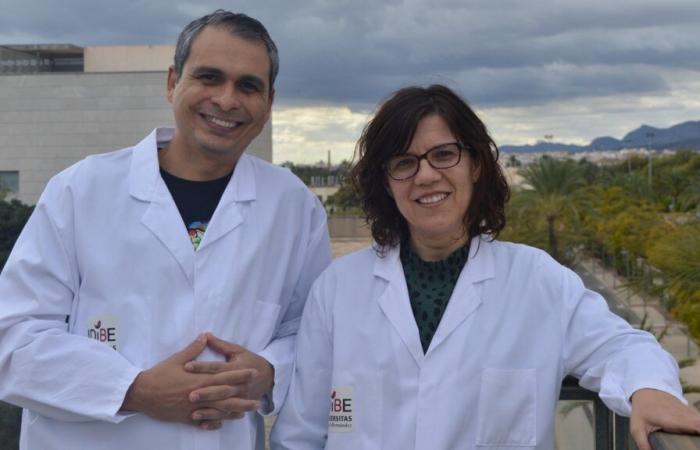
Know whether to block a part of the immune system, specifically the path of proteins Type I interferonscan help prevent Type 1 diabetes.
This is the objective of the study that two researchers in the Elche University General Hospital and of the Miguel Hernández University Ilicitana.
It’s about the doctor REINALDO S. DOS SANTOSfrom the hospital, and Laura Marroquí of the Institute for Research, Development and Innovation in Health Biotechnology of Elche (IDIBE) of the UMH of Elche.
Both form a mixed unit of the Fisabio Foundation And, as it has revealed on Wednesday, the preliminary data of the investigation suggests that, in cell lines, inhibitors of the aforementioned protein can protect the beta cells from the death caused by cytokines.
The project is focused on trying a protein inhibitors called Tirona 2 (Tyk2) in an experimental diabetes model in mice. I could open the door to a new kind of treatments to prevent or delay type 1 diabetes.
Not surprisingly, researchers are confident that “the proposed studies offer a solid preclinical justification to move towards human tests with inhibitors” of that protein, which would be “focused on restoring insulin secretion in patients with type 1 diabetes and, ultimately, prevent the disease in patients who have not yet debuted, but they are in presumptomatic stages.”
The project is developed with financing of the European Foundation for the Study of Diabeteswhich is an entity whose objective is to promote research on diabetes in Europe and increase public awareness and understanding about the magnitude of the disease.





